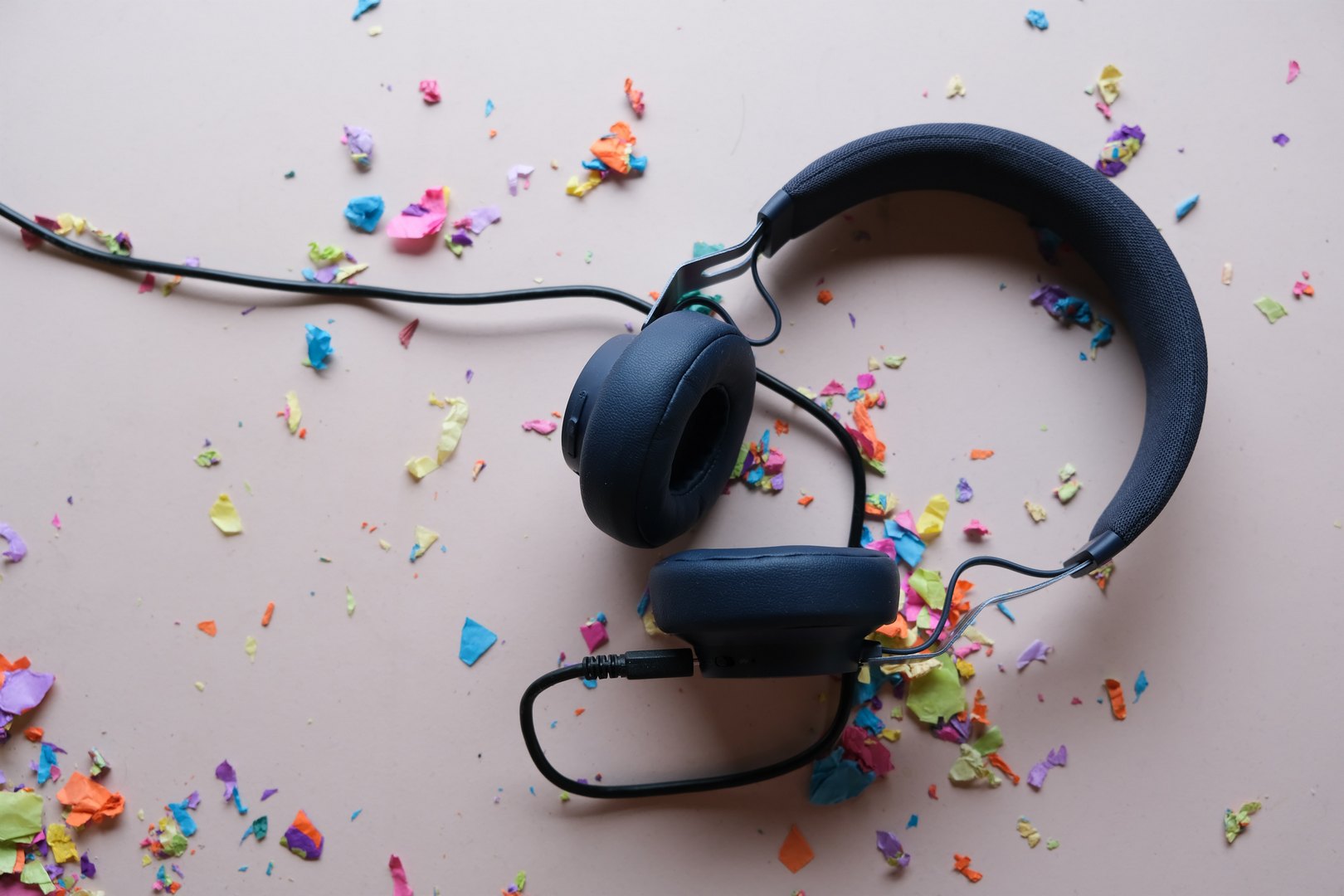Why Audio Reviews Cannot Be Fully Trusted
4 min read
In this day and age where every reviewer can call themself an audiophile, most of them are nothing more than an inexperienced listener whose only experience is listening to SONY speakers in Harvey Norman. This is the kind of people who tried a pair of Beats and think that it is the pinnacle of audio fidelity. While it’s not wrong for reviewers to be passionate about the science of sounds, they should be cautious not to call themselves audiophiles while being unable to listen to sub-bass frequencies and high trebles.
While there’s no shame in admitting their lack of knowledge in this particular field of electronic goods, some of them masked their inability (while calling themself an audiophile) in breaking the sound spectrum to only 2 categories, namely bass, and treble. This always results in terrible sounding audio equipment being recommended good and spectacular due to their lack of skill in listening to a number of particular frequencies in the sound that can make or break a headphone/earphone. This comes down to the plain talent that they lack – listening.
The Talent of Listening
The talent of listening allows a person to break down sounds in their mind, isolating frequencies to listen to only THAT frequency. A real audiophile when reviewing will be very thorough in every frequency like Sub-bass, Bass, Low-midrange, Midrange, Upper midrange, Presence, and Brilliance. Yes, there’s that little. An audiophile is able to tell which frequency the equipment is poor in emitting. There’s not only the average bass, treble or sometimes mid-tones as your average reviewer puts it. To make listening even harder, frequencies interact with each other which can either make sounds clearer or muddles it. Some frequency if can also produce echoes(especially bass and midrange) in the sound when there’s too much of it. Your average reviewer will not be able to hear this let alone call out its flaws.
When reviewing digital audio equipment setups, I find that the average reviewer does not know or understand equalizing the audio drivers. The only thing they always do is commenting how much bass it has and how clear it is (sure, if your treble is very high, everything is clear). They are unable to tell the difference between clear and ear-screeching trebles. With them unable to listen carefully, their tone-deaf ears will always classify good sounding head/earphones as lacking in bass, not knowing that that problem can be solved by upping the bass frequency in the equalizer to bring the equipment to their true potential in the sound and minimize any flaws in sound that it may have.
However, while I’m dissing about reviewers not having the skill to listen, they are not entirely up to blame. Sometimes, in fact, the majority of the time, it is the general public themselves who are not able to listen well. Everything with bass sounds very good to them, hence, the reviews that are made are mostly for that part of the crowd. Those kinds of reviews are fine, but the moment when they claimed to be an audiophile without having the necessary talents, there is a very serious problem.
Looking at the bright side
I’m not saying that all reviewers should have an audiophile-level of talent in listening before making a video or an editorial post. The talent of listening can be trained if you really put in the work to learn and listen. But if the best sounding equipment for them is the Airpods (every audiophile know it sucks), I’m sorry, they’re not an audiophile, they’re a failed wannabe.
But ultimately, it comes down to personal preference. Some love it bassy, some want it with extreme clarity. Hence, as thorough as real audiophiles review a particular product, their taste and style may differ from yours, and you will find that the only person that you can trust to find what you like, is you.







